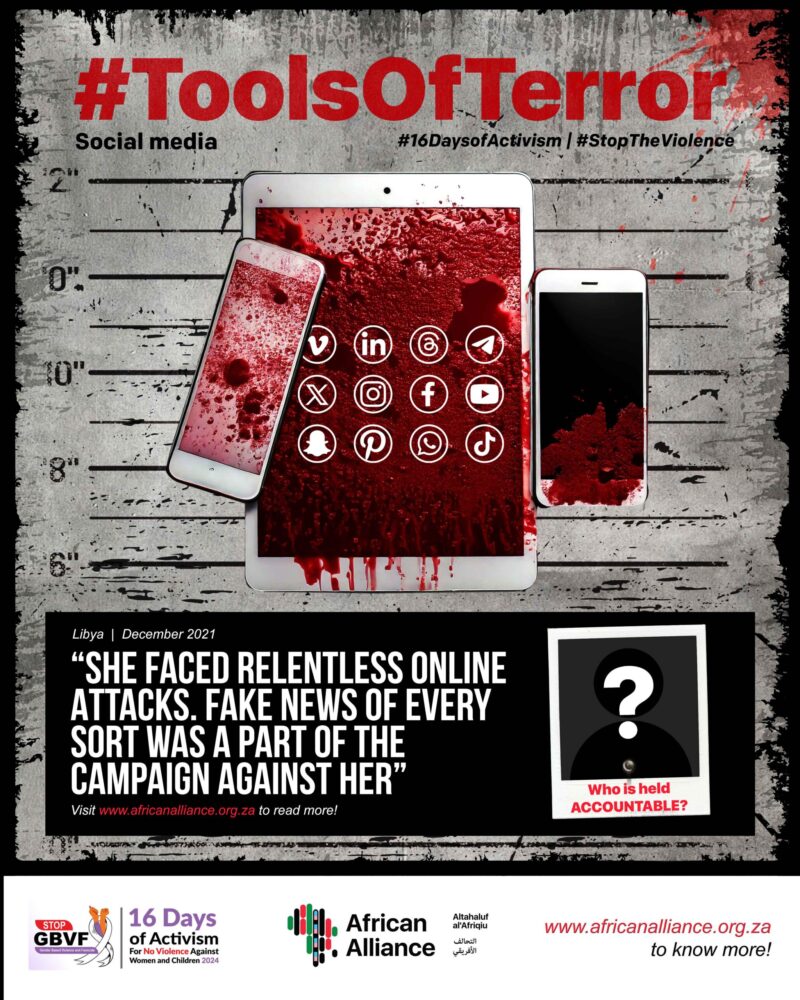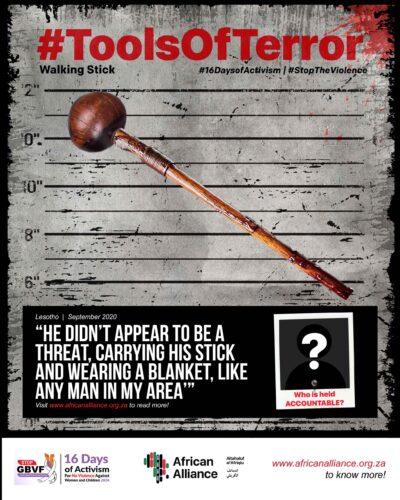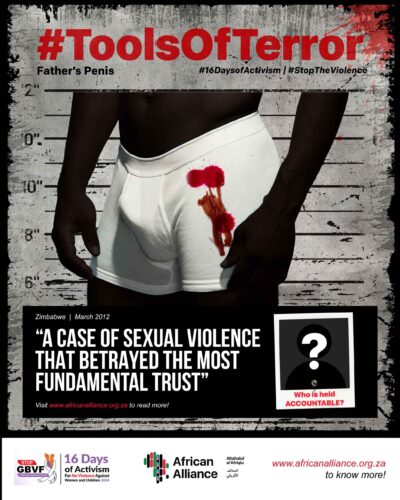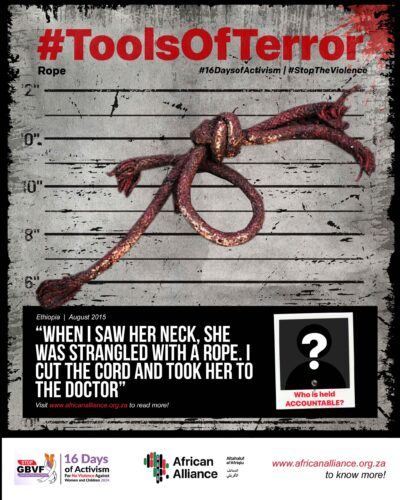
The Incident
For Aanan al-Faidy, announcing her candidacy in the Libyan Presidential race in 2021 saw her life change completely – through social media terror.
For two weeks, she faced relentless online attacks. Fake news of every sort was a part of the campaign against her. She had to deal with falsified internet reports of her death by shooting. After that came the social media “news” that her burnt body had been discovered in what was called an area with a “questionable reputation”. Traumatised by these events, Aanan withdrew her candidacy out of fear for her safety and that of her children.
These elections were postponed and still have not taken place.
What’s happening with online harassment in Libya?
Online harassment has become a pervasive tool of terror in Libya. 76% of women report facing various forms of abuse, including blackmail, obscenities, and defamation. This cyber menace poses a significant barrier to the political and economic empowerment of women. 44% of online survivors report that online harassment results are merely a precursor to physical violence.
Anonymous internet trolls, responsible for these actions, operate with impunity. 60% of women interviewed for research into online abuse in Libya believe the state and various militia entities orchestrate these attacks.
Legal Outcome
While organisations like Tabadul.tv exist and are exposing this abuse. Libya has no laws addressing online violence against women. This leaves survivors with no legal recourse. Accordingly, no details of legal proceedings related to these events are available.
Laws and Protections
As of 2021, Libya has yet to enact laws against online or offline violence targeting women. This legal vacuum persists, leaving survivors vulnerable to online abuse without legal protection.



